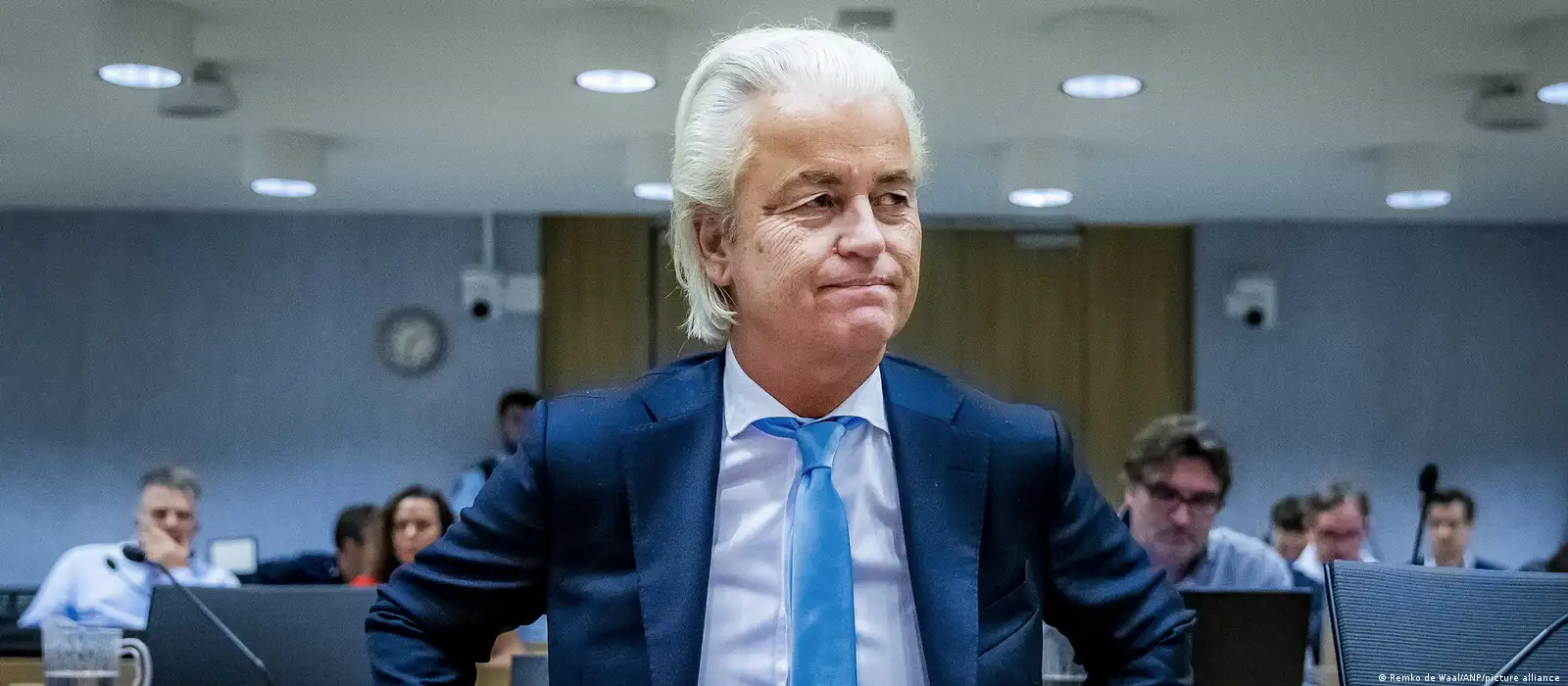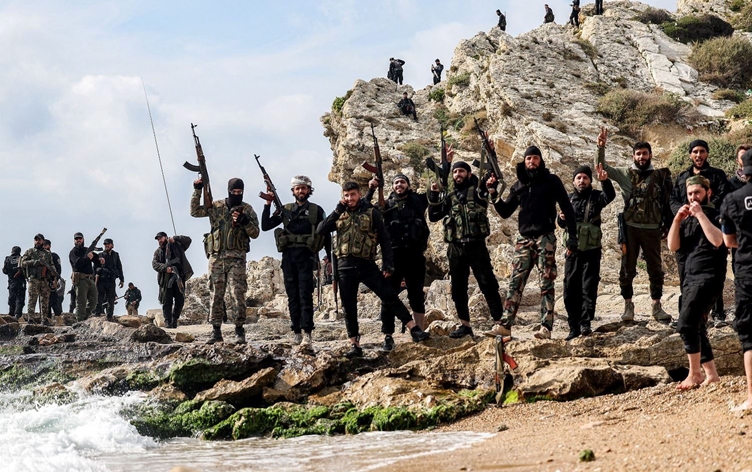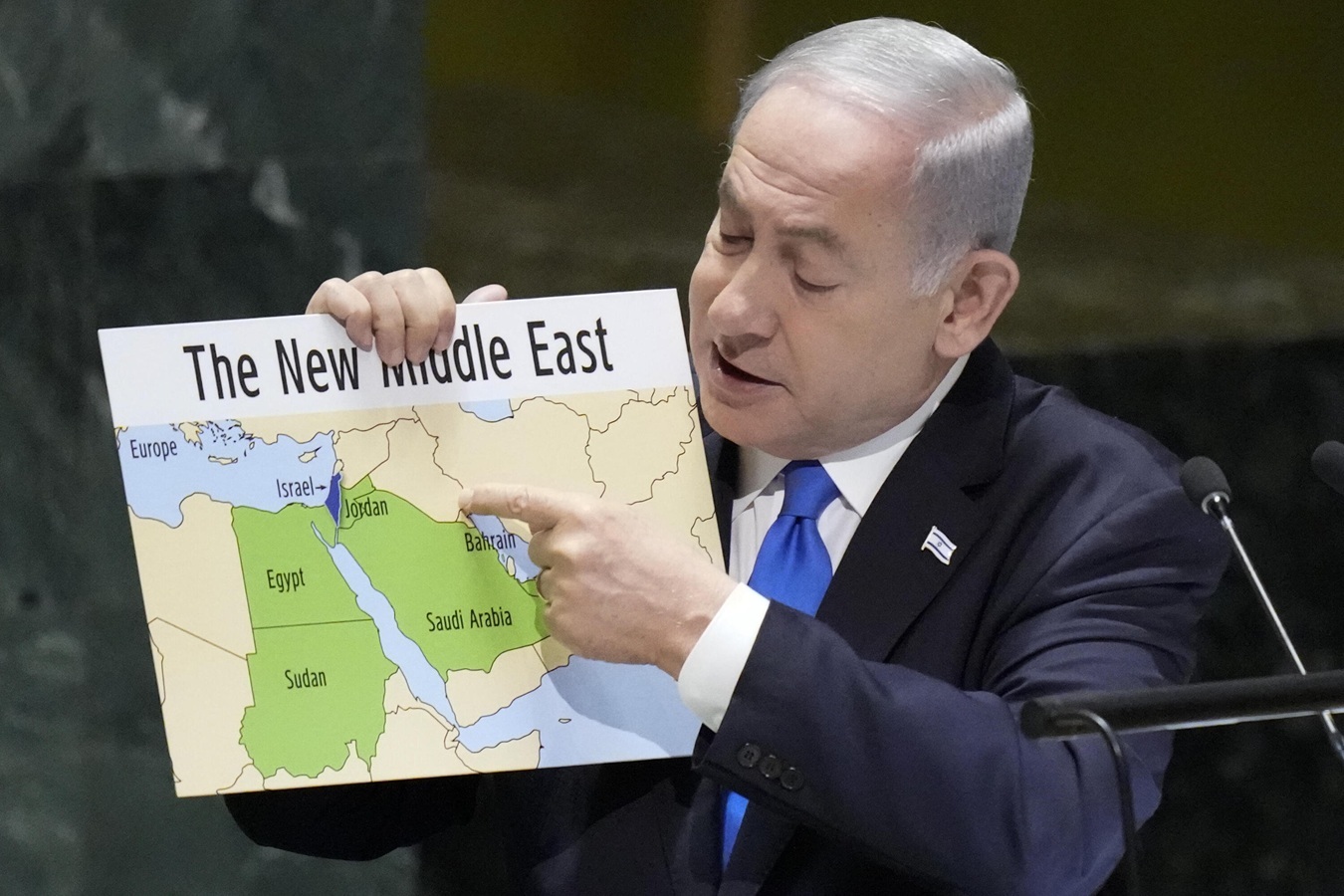
The Dutch prosecutor's office demanded 12 years in prison against Pakistani former cricketer Khalid Latif (37), who, in an online video in 2018, called for PVV leader Geert Wilders to be assassinated for organising a cartoon contest about the prophet Mohammed. The state's laconic attitude is a danger to sovereignty, and de facto means that Pakistan's blasphemy law is being applied in the Netherlands.
By Arthur Blok and Paul Cliteur
In an online video, Latif promised a reward of 3 million Pakistani Rupee (roughly U$ 22.000,- at that time) for whoever would want to kill Wilders. A video had to be put online as proof.
The reason for the murder call was a cartoon contest about the Prophet Mohammed that Wilders was planning to organise. This intended contest, which never occurred, resulted in a national widespread outcry in Pakistan. Local politicians and national opinion makers such as Latif were fueled in this outcry by the religious establishment.
It took more than five years for the Dutch prosecutor to take off. Sanctions or other restrictive diplomatic measures were not imposed as if the cabinet feared the consequences of that. Latif shrugs about the case: he was not present at the court hearing last week nor through a lawyer.
What makes this case different from previous ones?
Threats against politicians are a growing phenomenon. Politicians from left to right face it. Latif's threat does go a step further. It concerns the leader of the largest opposition party in the Netherlands (PVV), who a very prominent Pakistani sportsman is threatening: Latif is threatening Wilders and offering a reward for possible murderers.
Thereby, he incites murder or manslaughter.
Let's turn things around. How would the Kingdom of Saudi Arabia react if the Dutch national soccer team captain called to assassinate HRH Prince Abdulaziz bin Turki Al-Faisal or Prince Alwaleed Bin Talal Al Saud? Imagine the head of the Protestant church would embrace this call.
Any self-respecting country would have immediately summoned the Dutch ambassador and demanded cooperation for criminal prosecution.
If cooperation is not forthcoming, severe means such as expelling the ambassador and imposing sanctions on the individual who calls for murder and the establishment that supports him should be considered.
Now, back to the case against Latif. What if Pakistan continues to shrug its shoulders? In that case, either way, there will be consequences for diplomatic relations between the Netherlands and Pakistan. If Latif is also not deported if convicted, there will be far-reaching implications for the security of Dutch politicians.
Suppose the Netherlands ends up in a situation where (foreign) influential persons in other countries can offer a monetary reward for the assassination of a Dutch politician with impunity. In that case, all hell will break loose.
Not only is the life of a Dutch citizen endangered by offering rewards for murder, but also the functioning of Dutch democracy.
After all, a parliamentary democracy can only function when Dutch members of the House of Representatives can criticise without being confronted with life-threatening actions from abroad.
Of course, one can criticise Wilders' intention for a cartoon contest. One can also assume that making cartoons of a holy figure is needlessly provocative and unnecessarily hurtful.
But that can only be corrected - if at all - by Dutch laws and a conviction by a Dutch court. Those who abandon that premise are condoning lynch justice or, in other words, outlawing by a foreign actor.
In that case, hardly anything remains of the "sovereignty" of the Netherlands.
Article 2, paragraph 4 of the UN Charter prescribes: "All Members shall refrain in their international relations from the threat or use of force against the territorial integrity or political independence of any state, or in any other manner inconsistent with the Purposes of the United Nations."
Now, of course, Latif's call is not the same as a call by the country of Pakistan or by Pakistani authorities. But any refusal by Pakistan not to act on threats of violence by a prominent citizen of Pakistan does constitute a severe threat to Dutch territorial integrity.
To acquiesce in that would, in effect, constitute "regime change" for the Netherlands. In that perspective, Pakistani laws on blasphemy (a severe offence) are de facto introduced in the Netherlands (although officially abolished in 2014).
The verdict in the case is September 11.
Arthur Blok is the editor-in-chief of The Liberum and author of This is as Crazy as It Gets: Geert Wilders, from One-man Faction to a broad grassroots movement (2018). Emeritus Professor former Senator Paul Cliteur is the author of Bardot, Fallaci, Houellebecq and Wilders (2016).






